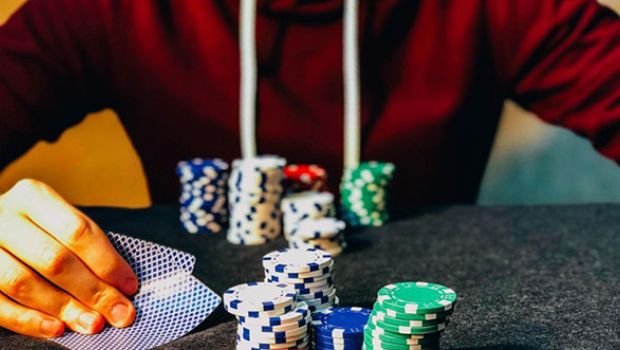HOW TO PLAY POKER LIKE A MASTER
September 4, 2023 4:27 am
Becoming a master at poker takes a combination of skill, strategy, psychology, and practice. Here are some steps you can follow to improve your poker game and play like a master:
Understand the Rules and Variants: Start by mastering the basic rules of poker. There are various variants of poker, such as Texas Hold'em, Omaha, Seven-Card Stud, and more. Choose a variant to focus on and become well-versed in its rules and gameplay.
Study the Fundamentals: Learn the fundamental aspects of poker, including hand rankings, pot odds, implied odds, and expected value. These concepts are crucial for making informed decisions during the game.
Master Starting Hand Selection: One of the key elements in poker is knowing which starting hands to play. Focus on understanding which hands have the best chance of winning and when to fold weaker hands.
Learn Positional Play: Position matters in poker. Being in a later position gives you more information about your opponents' actions before you make your decision. Use this information to your advantage by playing stronger hands in later positions and more cautiously in early positions.
Develop a Solid Strategy: Formulate a strategy that suits your playing style and the game's dynamics. This includes knowing when to play aggressively, when to play passively, and when to bluff. Adjust your strategy based on your opponents' tendencies.
Practice Bankroll Management: Managing your bankroll is crucial to your long-term success in poker. Set aside a specific amount of money for poker and avoid risking more than you can afford to lose in a single session.
Read Books and Resources: There are numerous poker strategy books and online resources available that delve into advanced tactics and concepts. These resources can provide valuable insights into mastering the game.
Focus on Psychological Skills: Poker is as much about psychology as it is about strategy. Develop skills in reading opponents' body language, managing your emotions, and controlling your reactions to create a strong table presence.
Play Regularly: Consistent practice is key to improving your poker skills. Whether it's online or live, playing regularly helps you refine your strategies and adapt to different situations.
Participate in Tournaments: Tournaments offer a unique challenge and the opportunity to win significant prizes. Participating in tournaments helps you test your skills against a diverse field of players.
Becoming a master at poker takes time and dedication. Consistent learning, practice, and a commitment to improvement will help you refine your skills and play at a higher level.



